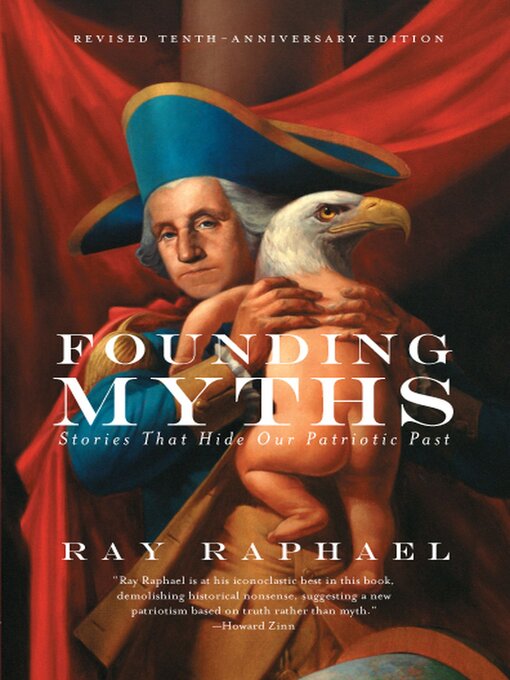The tenth-anniversary edition of the book that showed "why we must move past historical nonsense so that a truer, more democratic national record can emerge" (School Library Journal)
Originally published to universal acclaim, award-winning historian Ray Raphael's Founding Myths has since established itself as a landmark of historical myth-busting. With Raphael's trademark wit and flair, Founding Myths exposed the errors and inventions in America's most cherished tales, from Paul Revere's famous ride to Patrick Henry's "Liberty or Death" speech. For the thousands who have been captivated by Raphael's eye-opening accounts, history has never been the same.
In this revised tenth-anniversary edition, Raphael revisits the original myths and further explores their evolution over time, uncovering new stories and peeling back new layers of misinformation. This new edition also examines the highly politicized debates over America's past, as well as how our approach to history in school reinforces rather than corrects historical mistakes.
A book that "explores the truth behind the stories of the making of our nation" (National Public Radio), this revised edition of Founding Myths will be a welcome resource for anyone seeking to separate historical fact from fiction.
- Available now
- New eBook additions
- New kids additions
- New teen additions
- Most popular
- Try something different
- See all ebooks collections
- Cooking & Food
- Home & Garden
- Health & Fitness
- Fashion
- News & Politics
- Hobbies & Crafts
- Celebrity
- Tech & Gaming
- Cars & Motorcycles
- Family & Parenting
- Sports
- Travel & Outdoor
- Photography
- See all magazines collections


